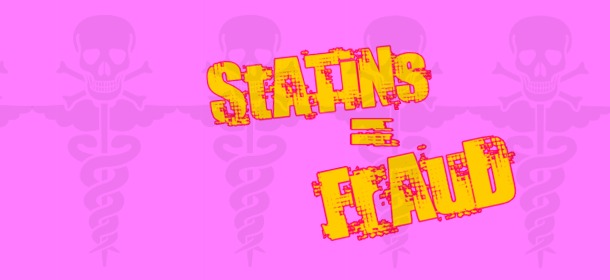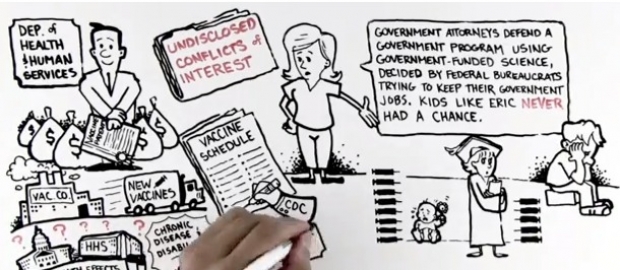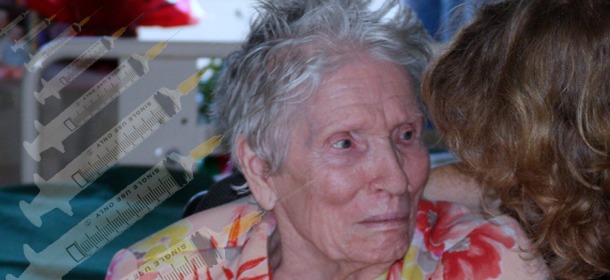Featured
Woman to Be Force Fed at Government’s Demand
A woman who is, by all accounts, fully aware of the implications of her decision not to eat, is to be force fed at the government’s orders—though the ‘treatment’ itself can kill and is fear-inducing, painful, and humiliating.
Under the cover of protecting a woman whose mental health has not been at question, a judge has agreed to the government’s wishes to force feed her. A tube will be shoved through her nose to her stomach. It’s a process that is humiliating, frightening, painful, and sometimes deadly.
The name of the woman and her location, other than being in Wales, have been withheld. She’s 32 years old, a former medical student, and fully aware of the implications of what she’s doing.
She’s an adult. She’s aware of her condition and the likely outcome of her situation. If she isn’t competent to make her own decisions, how can anyone else presume to be?
The Judge Knows Best?
The judge acknowledges that she’s “fully aware” of her situation. Even her family supports her decision, saying that she should be allowed to die with dignity. They have stated:
It upsets us greatly to advocate for our daughter’s right to die. We love her dearly but feel that our role should now be to fight for her best interests, which, at this time, we strongly feel should be the right to choose her own path, free from restraint and fear of enforced re-feed.
We feel she has suffered enough. She stands no hope of achieving the things that she would value in her life and shows no signs of revising these aspirations.
Nonetheless, she’s to be forced to live in misery and fear—and possibly to die of the treatment.
The judgement reads:
She understands that she will die without intervention. She does not want to be killed, she just wants to be allowed to act as she wants. It is possible that she might change her mind, but not because somebody forces her to do so.
So, the judge has decided that because he thinks she might one day change her mind—even though he acknowledges that it won’t happen through attempts to force her—she must be forced to go through a procedure that has been used as a means of torture at abu Ghraib, the infamous American prison in Iraq where inmates were routinely tortured.
To force feed this unfortunate woman will require that she be sedated, which means she’ll be forcibly drugged, and restrained.
Whose Interests?
The judge stated that the woman’s views are “entitled to high respect”, going on to say:
She is not a child or a very young adult, but an intelligent and articulate woman, and the weight to be given to her view of life is correspondingly greater.
But apparently, his views trump both hers and her family’s. She wants to be left to die in peace. Though the judge acknowledges that it’s quite unlikely that she’ll ever change her views, she has been sentenced to a year of force feeding with the associated drugging and restraining, on the outside chance that one day she’ll change her mind.
Claiming to have the woman’s interests at heart, the judge said:
I would not overrule her wishes if further treatment was futile, but it is not. Although extremely burdensome to E, there is a possibility that it will succeed. Services and funding will now be provided that were not available before and it would not be right to turn down the final chance of helping this very vulnerable young woman.
The hospital that has cared for the woman had been following her wishes, providing palliative care to keep her comfortable. Yet, the judge presumes to know that further treatment is not futile.
So, at the end of a year, if she hasn’t changed her mind—and hasn’t died in fear and misery from the treatment—will the judge again rule that she must undergo yet another year of torture? Exactly how does he imagine that such treatment will make her feel that her life has value?
Societal Implications
This woman’s situation is, of course, tragic. She’s suffered virtually her entire life, and she has concluded that dying is her best option. Even her family has reluctantly acknowledged that her wishes should be honored. Yet, the government has stepped in and decided that she doesn’t have such a right. They have presumed to know better than she does whether her life should continue.
If the government can step in under these circumstances—to force sustenance, drugs, and restraints on a person every day for at least a year, with a significant chance of dying in abject misery as a direct result—where does it end? Does the state have the right to determine what you will eat or what you must do to treat an illness?
That is, of course, what’s happening now. Our access to homeopathic remedies, herbs, vitamins, and even information about them is being stolen from us. Vaccinations are being forced on us and our children more and more every single day. Whether we’re in the US, UK, EU, Australia, Canada, or virtually anywhere else in the world, these rights are being taken under the guise of looking after us.
I, for one, respect that woman’s decision to refuse food.—just as I respect the right of everyone to manage their health as they see fit. Though her situation is tragic, how can it be acceptable for a government to tell her what sort of medical treatment she must have?
Sources:
Tagged anorexia force feed, civil rights, force feeding civil rights, force feeding human rights, force feeding torture, human rights, judge orders force feeding, justice force feed, politics
Related Posts
-
http://profile.yahoo.com/76CXW4NLPV4MIS2PVUVWDZOO64 Lioracc














